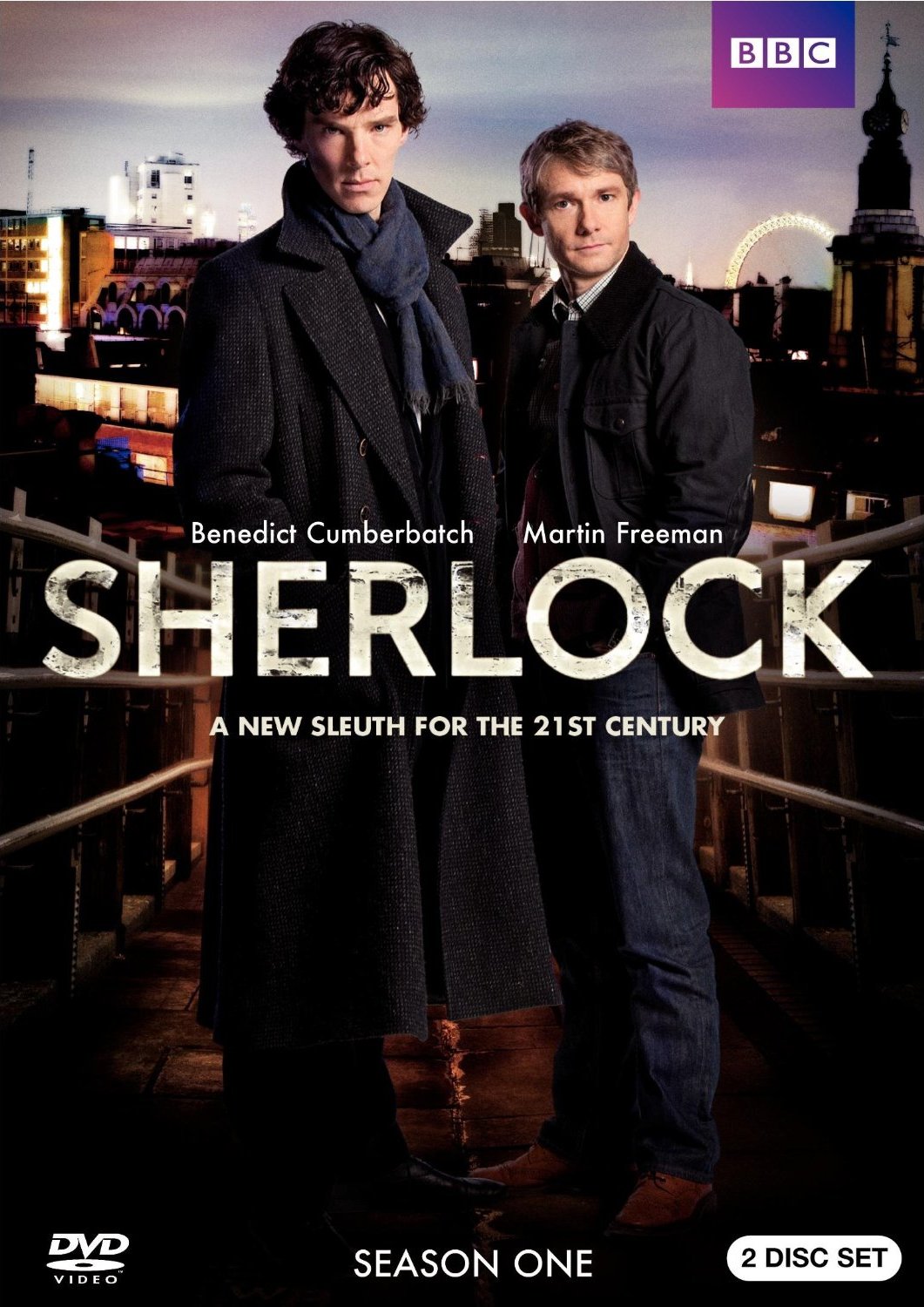

He was never a fan of organized religion, which is quite conspicuous in this work. Later in life he immersed himself in Spiritualism. The dangers of organized religionĪrthur Conan Doyle was raised in a Catholic family but eventually chose to leave the faith. Thus, this novel demonstrates that Holmes's keen intellect and unique abilities exalt him far above the regular police force. Holmes has no tolerance for his limited abilities. The constable John Rance, who was the one who discovered Drebber's body in the house, completely misses the fact that the drunk man in the street was Jefferson Hope, the murderer. They are often disdainful and jealous of Holmes their own pride sometimes gets in the way of their acknowledgment that Holmes is actually far better at their jobs than they are. In addition, they arrive with preconceptions, finger the wrong man for the crime, and miss the nuances of the crime scene. Lestrade and Gregson make precipitous conclusions and erroneous assumptions. This theme is present in many other works in the Sherlock Holmes canon but gets its start in the first novel, A Study in Scarlet. While Holmes admits that he does indeed respect Lestrade and Gregson as the best of the Scotland Yard detectives, overall the official law enforcement does not seem particularly effective. At the end of the novel Holmes refers to his skills as reasoning backwards, not forwards. He is even more astonished at Holmes' actions at the crime scene the latter comes up with a portrait of the killer and enlightens the Scotland Yard detectives on several important components of the case.

Watson is astonished that Holmes knew that he came from Afghanistan and that the man walking out in the street was a retired military man.


A Sherlock Holmes story usually begins with a display of Holmes’ amazing abilities. Abductive reasoning is a more accurate way of describing what Holmes does, for it is a type of logical inference from guessing. Holmes' success in solving crimes stems from his ability to analyze small pieces of evidence and draw inferences from them. Buy Study Guide Deductive/abductive reasoning


 0 kommentar(er)
0 kommentar(er)
